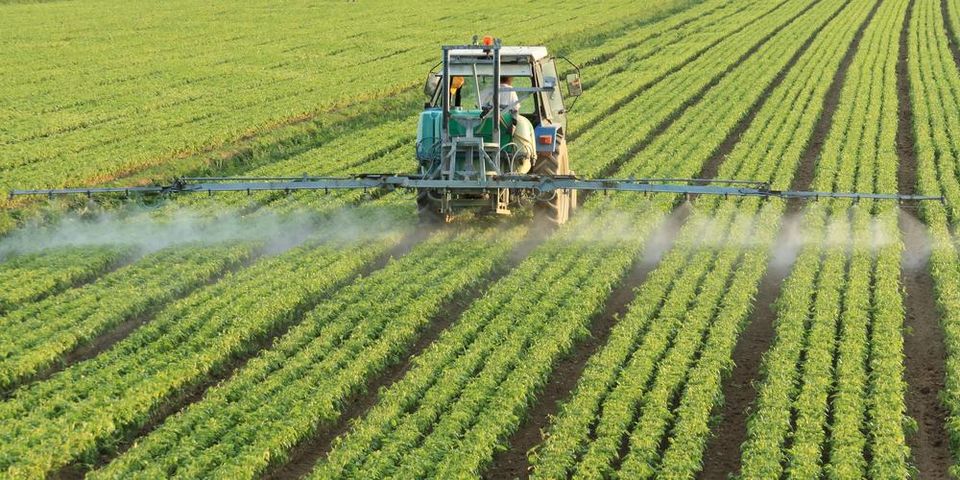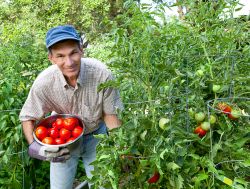What Is Crop Rotation & Why Is It Important?

As a farmer, you are at the mercy of the weather, and multiple other factors contribute to the quality of your crops. Hail may fall, rains may wash away your seeds, or drought can occur. However, one step you can take to help ensure lush, healthy growth is to rotate your crop patterns. The information below should help you understand why crop rotation makes such a difference.
What Is Crop Rotation?
Crop rotation is the process of planting different crops on a particular parcel of land annually. For instance, a farmer may plant a field with corn this year, but seed it with celery or soybeans the next. Then, the following year, the field may remain fallow—or entirely unplanted. This cycle, or rotation, will continue indefinitely.
Why Do It?
 Different crops require different nutrients from the soil. This rotation ensures that the same crop isn't depleting the same nutrients from the same parcel of land, year after year, and causing the soil to become less fertile. For instance, by planting a plot with soybeans—which pull nitrogen from the air and leach it into the soil—after harvesting a corn crop on that land, farmers give the soil time to replenish lost nitrogen and, incidentally, save a considerable amount on fertilizer costs.
Different crops require different nutrients from the soil. This rotation ensures that the same crop isn't depleting the same nutrients from the same parcel of land, year after year, and causing the soil to become less fertile. For instance, by planting a plot with soybeans—which pull nitrogen from the air and leach it into the soil—after harvesting a corn crop on that land, farmers give the soil time to replenish lost nitrogen and, incidentally, save a considerable amount on fertilizer costs.
How Was Crop Rotation Discovered?
An English Agriculturist named Charles Townshend popularized the method during the 18th century, but his work was based on experimentation performed a hundred years earlier in what is now Belgium. Farmers in that region planted four different crops in rotation and discovered this practice resulted in increased crop yield and healthier plants. However, civilizations have been rotating between two crops for thousands of years without understanding how or why the practice worked. For instance, farmers in the Middle East followed this practice as early as 6,000 BC.
For all the seeds and farm supplies you need to grow a bountiful harvest, stop by Carhart Feed & Seed in Dove Creek, CO. They have been an invaluable resource for farmers and ranchers throughout Dolores County for more than 25 years. They are locally owned and operated and also carry animal feed, tires, plumbing fixtures, and veterinary equipment. Visit their Facebook page to view specials or call (970) 677-2233 to ask about pricing and product availability. Read satisfied customer reviews on Google.
About the Business
Have a question? Ask the experts!
Send your question

